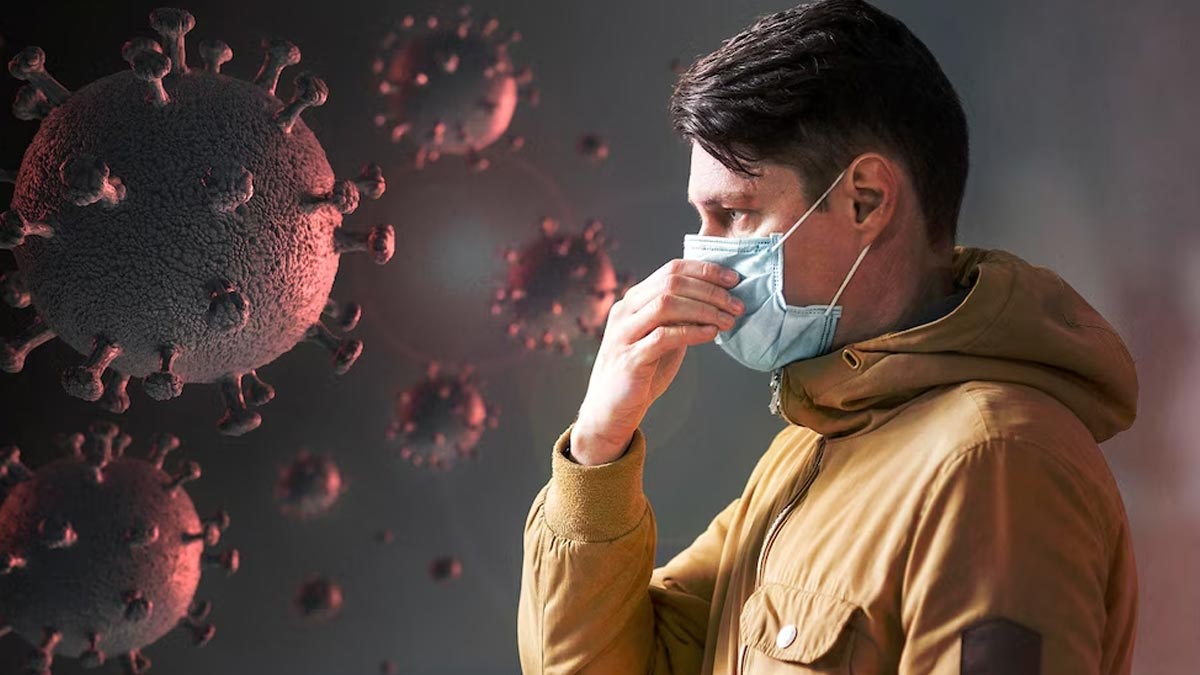
COVID-19 is primarily a respiratory disease, so it makes sense that it will damper the respiratory function of the people it infects. However, the prolonged nature and severity of this effect have been pointed out in a recent study, and the results are concerning. The research published in the Journal of Clinical Medicine found that 91.3% of people who had COVID-19 and recovered from it had trouble sleeping even a year after leaving the hospital. 58.7% of the respondents reported not being able to sleep, while 50% reported feeling exceptionally sleepy during that time.
Table of Content:-
Difficulty Sleeping Post COVID Infection

The study revealed that long COVID didn’t just tamper with people’s cognitive abilities like difficulty thinking, confusion, and memory. People who had COVID-19 also had problems with their sleep. They had a hard time getting good sleep, felt tired, and sometimes had trouble breathing when they slept. This poor sleep often lasted for a year after they left the hospital.
Insomnia, which is not being able to sleep, was the most common sleep problem even after a year, reported the scientists, sharing that 37% of the respondents had both sleep apnea and insomnia. They further assessed the impact of Acute Respiratory Distress Syndrome (ARDS) on the sleep quality of COVID survivors.
Also Read: Experiencing Joint Or Muscle Pain Months After COVID-19? Study Reveals The Hidden Link

One may conclude that COVID brings along many respiratory diseases, which could be the cause of difficulty sleeping. However, the scientists found no difference in the sleep quality or circadian health of participants with ARDS and those without ARDS. In fact, the participants with ARDS had a higher prevalence of comorbid Obstructive Sleep Apnea (OSA) and insomnia 12 months after getting discharged from the hospital. Since OSA makes it difficult to attain quality sleep, the participants with ARDS who suffered COVID-19 a year back, exhibited worse sleep health.
Also Read: Risk Of Post-COVID Complications And Death Remains High Even After Two Years Of Getting COVID: Study
In conclusion, this study revealed that SARS-CoV-2 does have a role to play in causing sleep distress, as patients with or without ARSD found it difficult to sleep even a year after recovering from COVID-19. This study has opened another avenue in the field of COVID research and is significant as these factors can aid the development of methods that can enable faster recovery from long COVID.
Also watch this video
How we keep this article up to date:
We work with experts and keep a close eye on the latest in health and wellness. Whenever there is a new research or helpful information, we update our articles with accurate and useful advice.
Current Version